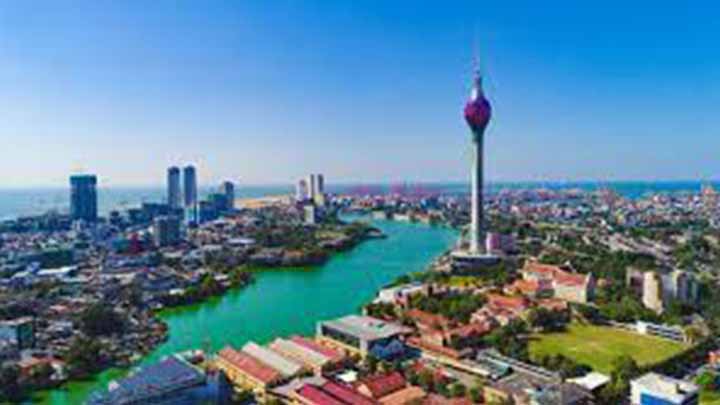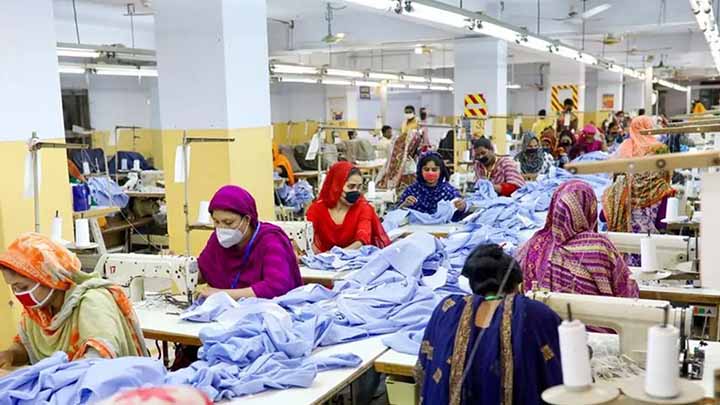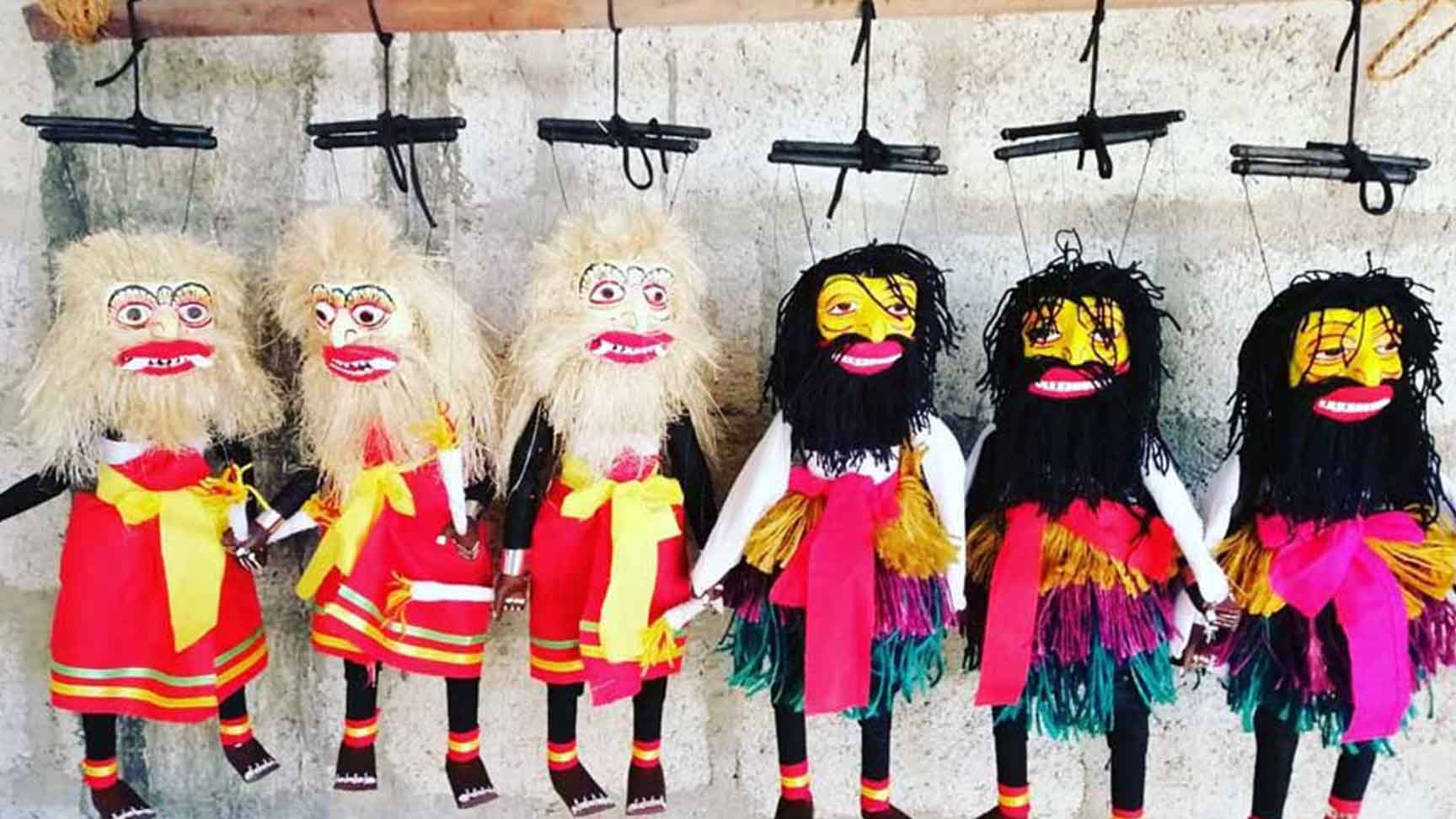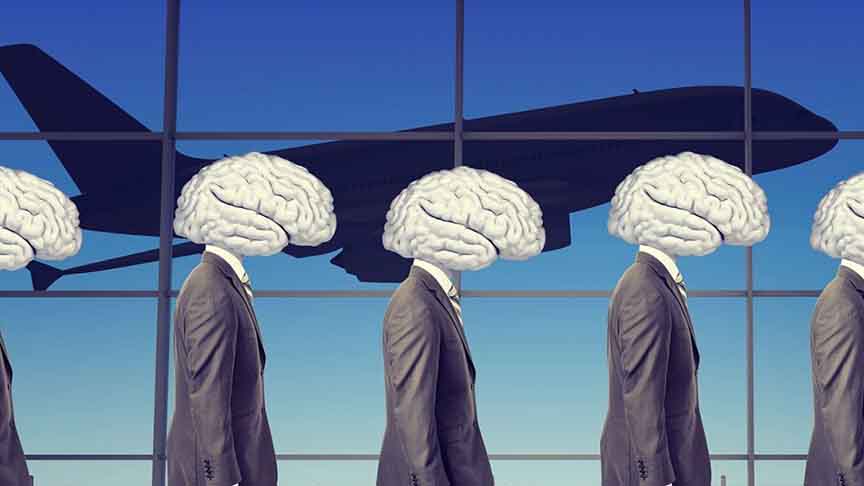Sri Lankan Culture in the Face of Globalization
- කාලීන
- Hits: 3200

A culture is any way of life that is carried down from one generation to the next, encompassing its arts, beliefs, customs, traditions, flora, fauna, etc. Like in any other country in the world, Sri Lanka also claims a culture that runs back generations. Globalization refers to the process of growing connectivity and interdependence around the world through commerce and technology. Even though the terms “culture” and “globalization” have diverse definitions, globalization influences culture. Therefore, it is crucial to consider how globalization has affected Sri Lankan culture.
In many civilizations, globalization has had beneficial consequences. One such event is the distribution of food and cuisines over the world. The ancient Sri Lankan grandparents probably recall a time when they didn't consume a variety of diverse dishes from all over the world. However, today Sri Lankan cuisine frequently uses ingredients and spices from other countries. People have the opportunity to eat Chinese, Indian, Japanese, and American foods from a range of restaurants in the country. McDonald’s, which is a fast-food restaurant with American roots, is a prime illustration of this. Sri Lanka, one of the 120 countries where McDonald’s is situated, has the opportunity to experience international food. That is how Sri Lankan food culture has flourished with globalization.

Further, globalization has positively affected elevating the typical labor market in Sri Lanka. Prior to globalization, it was the Sri Lankan norm for men to go to work and women to stay at home. However, when industries expanded, women were able to find work and travel overseas. As a result, the country received more foreign income. Globalization has also contributed to the development of a flexible labor market. Because of advances in technology, anyone can work from anywhere in the globe with great ease. Accordingly, Sri Lankans work virtually for various countries around the world, including Brazil, Canada, America, and the United Kingdom. As a result of this feasible labor market, the traditional Sri Lankan labor market has been optimistically changed.
Additionally, globalization has improved cross-cultural understanding. It has contributed to making human ties stronger. When people have the opportunity to personally experience the wisdom of other cultures through technological instruments like the Internet, the understanding of individuals on cultures around the globe increases. Accordingly, people have the opportunity to experience the diversity of each culture through the internet. That is how the holy festival, which is a famous Indian festival has penetrated into many cultures around the world. For instance, the Holy Festival is celebrated in many Sri Lankan universities and is included as part of wedding ceremonies.

However, on some occasions, Sri Lankan culture has been pessimistically affected by globalization. One such occasion is the deterioration of native languages. For instance, extensive usage of the English language benefits individuals in a Third World country like Sri Lanka by creating opportunities. However, it also poses a threat to indigenous Sri Lankan languages such as Sinhala and Tamil. Sri Lankans even attempt to add an English accent when speaking in Sinhala. As a result, the proper Sinhala pronunciation has been suppressed. Therefore, indigenous languages which are a major part of Sri Lankan culture have become less important with globalization.
The environmental impact of globalization on Sri Lankan culture is equally gloomy. Cultural traditions unique to one place may spread to others as a result of globalization, regardless of whether they are appropriate for the region. For example, food was traditionally consumed in many parts of Sri Lanka in organic, locally produced containers made from wood and bamboo. Food served on banana or lotus leaves was considered divine. However, with globalization, fast food packaged in polythene and plastic became ubiquitous in Sri Lankan culture.
As the preferences of individuals converge and local products cannot compete with more affordable multinational ones, globalization may result in a greater homogenization of cultures. Sri Lanka as a nation have a risk of losing priceless cultural traditions and language if everyone dresses in jeans, learns English, and watches Hollywood movies. That is why some critics of globalization say that it is eradicating other valuable cultures while fostering mainstream homogeneity.
According to the data presented above, it is clear that Sri Lankan culture has been influenced by globalization in both positive and negative ways. Globalization can be a force for the good when it shares food worldwide and creates opportunities for new professions. However, it can also have a darker side when it erodes languages and damages traditional cuisine. Therefore, it is crucial to deliberately deal with the aftermaths of globalization on Sri Lankan culture.
Prathibha Rajasinghe
Department of Linguistics










































